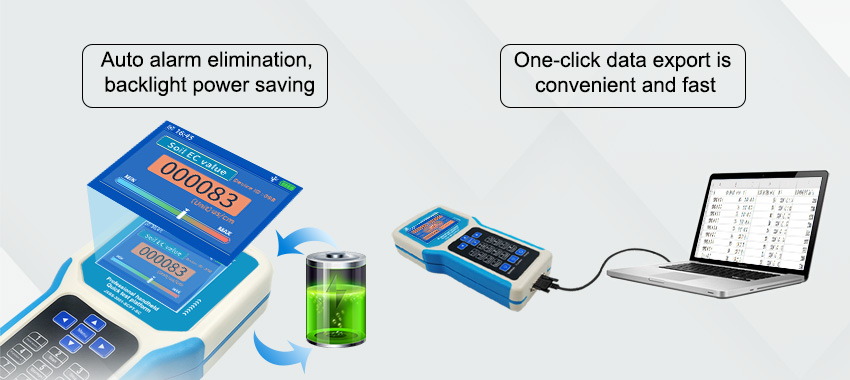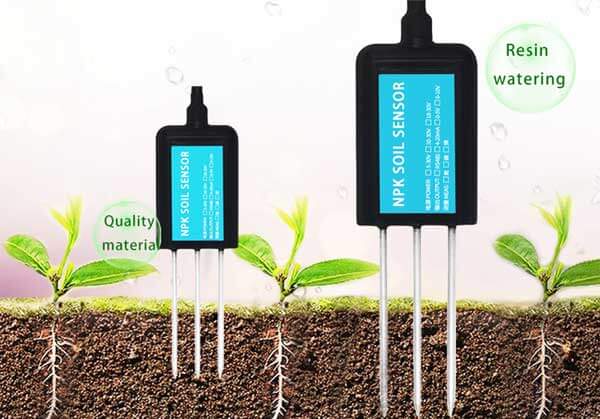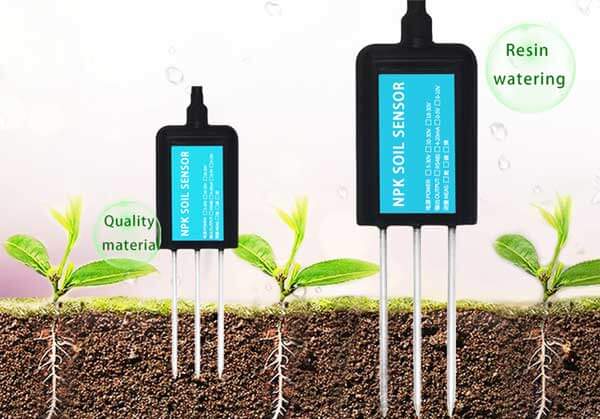Precision agriculture, also known as site-specific farming or smart farming, is revolutionizing the agricultural industry by leveraging advanced technologies to optimize crop growth and maximize yields. One of the key drivers behind this transformation is the innovative use of soil sensors. These sensors provide real-time data on soil conditions, allowing farmers to make informed decisions regarding irrigation, fertilizer application, and overall crop management. In this article, we will explore the role of soil sensor innovations in precision agriculture and their potential to revolutionize farming practices.

Understanding Soil Health:
Soil is a complex ecosystem that plays a vital role in crop growth. It contains essential nutrients, water, and microbes necessary for plants' health. Soil sensors help farmers gain a comprehensive understanding of soil health by measuring various parameters, including moisture content, temperature, pH levels, and nutrient availability. This data provides insights into the soil's ability to support plant growth and allows farmers to identify potential issues such as nutrient deficiencies or excessive moisture.
Soil sensors also enable farmers to monitor soil compaction, which can hinder root growth and nutrient uptake. By detecting areas with high compaction levels, farmers can implement targeted strategies to alleviate compaction, such as adjusting tillage practices or using cover crops. Understanding soil health through soil sensors empowers farmers to create optimal conditions for crop growth and address any issues that may arise.
Precise Irrigation Management:
Water is a precious resource, and efficient irrigation management is crucial for sustainable agriculture. Soil sensors enable farmers to precisely manage irrigation by providing real-time data on soil moisture levels. By monitoring the soil moisture at different depths, farmers can determine when and how much water to apply, optimizing irrigation efficiency. This targeted approach helps prevent under or over-irrigation, reducing water waste, and ensuring that crops receive the right amount of water for optimal growth.
In addition to measuring soil moisture, advanced soil sensors can also assess evapotranspiration rates, which indicate the amount of water lost through evaporation and plant transpiration. By integrating this data with weather information, farmers can adjust irrigation schedules to match the specific water requirements of their crops. This precision irrigation management not only conserves water but also reduces energy costs associated with pumping and delivering irrigation water.
Nutrient Management:
Proper nutrient management is essential for healthy plant growth and maximizing yields. Soil sensors play a significant role in optimizing nutrient management by providing accurate information on nutrient levels in the soil. Farmers can use this data to determine the soil's nutrient content and make informed decisions regarding fertilizer application. By applying fertilizers precisely where they are needed, farmers can minimize nutrient wastage and reduce environmental impacts such as nutrient runoff.
Moreover, soil sensors can help farmers implement site-specific nutrient management strategies. By analyzing nutrient distribution within a field, farmers can identify areas with nutrient deficiencies or excesses. This information allows for targeted interventions, such as variable rate application of fertilizers, where different amounts are applied based on the soil's nutrient requirements. This precision nutrient management improves crop quality, reduces fertilizer costs, and minimizes environmental risks associated with nutrient runoff.

Detecting Soil Variability:
Soil conditions can vary within a field, leading to variations in crop growth and productivity. Soil sensors help identify and map these variations, allowing farmers to implement site-specific management strategies. By collecting data at multiple locations within a field, farmers can create detailed soil maps that highlight areas with different soil characteristics. This information enables targeted interventions, such as adjusting fertilizer application rates or implementing specific soil improvement techniques, to address the unique needs of each soil zone.
Site-specific soil management not only optimizes crop productivity but also minimizes inputs and reduces environmental impacts. For example, if a soil sensor detects higher organic matter content in a particular area, farmers can apply less fertilizer to that zone, reducing both cost and nutrient runoff potential. By tailoring management practices to match soil variability, farmers can maximize resource utilization, reduce waste, and improve overall sustainability.
Real-time Monitoring and Decision-making:
One of the significant benefits of soil sensors is their ability to provide real-time data on soil conditions. Farmers can access this information remotely through connected sys







